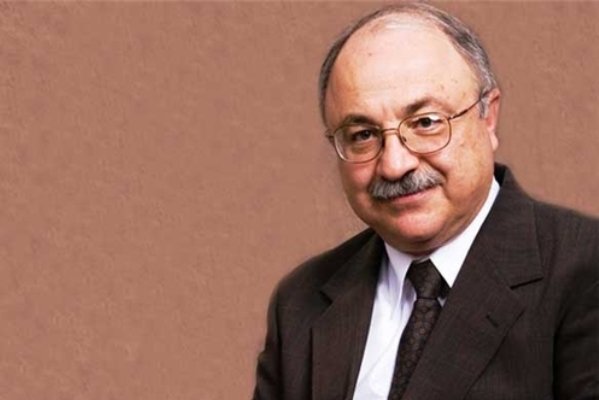Academic calls UN a highly politicized entity
‘Granting of the veto power to a handful of countries is not conducive to the needs of the 21st century’

TEHRAN – Professor Nader Entessar from South Alabama University tells the Tehran Times that “the United Nations is a highly politicized entity” and that it “depends too much on the largess of a handful of political and financially powerful countries”.
Entessar blames the structural deficiencies which has made the UN incapable of settling bloody conflicts in the world.
“The problems is with the organization's structural deficiencies and not necessarily with the concept of the United Nations,” Entessar says.
Following is the text of the interview:
Q: How do you assess the role of the United Nations in settling international conflicts?
A: The United Nations has not been very successful in managing or resolving major global crises. Of course, the United Nations cannot act as an effective supranational entity by itself as it depends on both the financial and political will of its member states. The problems is with the organization's structural deficiencies and not necessarily with the concept of the United Nations.
“He [Ban Ki-moon] has deferred too much to the wishes of powerful states, especially those in the West.”Q: In the current time that Ban Ki-moon is leading the UN has the international body been able to play an effective role?
A: Ban Ki-moon has not been the most dynamic Secretary General in the history of the United Nations. He has deferred too much to the wishes of powerful states, especially those in the West, and has not been innovative in approaching major global crises.
Q: What are the main hurdles which have made the UN rather incapable in resolving bloody disputes?
A: The United Nations is a highly politicized entity and its structure resembles the balance of forces at the end of the Second World War. For example, the Security Council and its granting of the veto power to a handful of countries is not conducive to the needs of the 21st century. The organization depends too much on the largess of a handful of political and financially powerful countries.
Q: One of the things which has prevented the UN from doing its duties effectively is that it is financially dependent on contributions made by countries and this seems to last forever. In regard to this fact can a mechanism be devised that financial dependence do not affect the performance of the UN?
A: Unfortunately, any international organization whose membership is composed of nations-states is dependent on the financial contributions from its member states. The wealthier and more powerful members contribute more financially to the working of the United Nations and its affiliated agencies. As a result, they exert more control over the functions of the United Nations. International organizations cannot have their own central banks and independent source of financing.
Leave a Comment